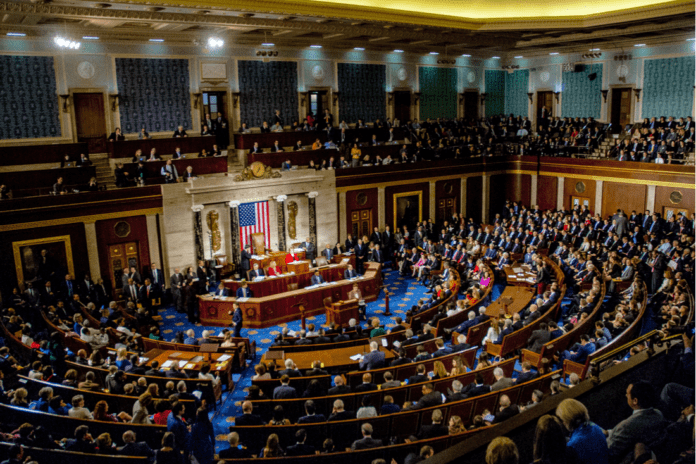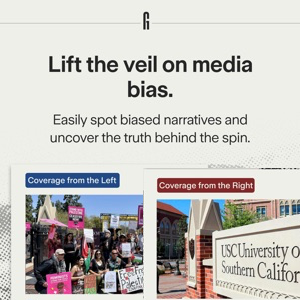WASHINGTON D.C. – In a move that would make Marie Kondo blush, the U.S. government unveiled its most innovative plan yet: simply rename all of America’s problems out of existence. Dubbed the “Problematic Semantics Eradication Act” (PSEA), this initiative promises to revolutionize problem-solving by tackling the root cause of all societal woes – pesky, negativity-inducing labels.
“For far too long, we’ve been bogged down by the defeatist language of ‘problems,'” declared Senator Bertram Bumbleton III, adjusting his ascot with a flourish. “Words have power, folks, and by simply changing the names of these issues, we can fundamentally alter public perception and, consequently, the problem itself!”
The PSEA establishes a crack team of “Semantic SWAT” specialists – a motley crew of linguists, marketing gurus, and motivational speakers tasked with identifying problematic issues and crafting “empowering” new names. “We’re talking top talent here,” assured Bumbleton, “the same folks who brought you the ‘Sugar-Crisped Puffed Oat Breakfast Clusters’ you know and love.”
The committee has already made significant inroads. The ever-looming threat of climate change has been rebranded as the “Exciting Atmospheric Fluctuation Event” (E.A.F.E.), a development that has climate scientists scrambling to update their grant proposals. The national student loan crisis? Gone, replaced by the more optimistic-sounding “Lifelong Learning Investment Initiative” (LLII).
“It’s a game-changer,” enthused Dr. Philander Philanderton, a renowned linguist and motivational speaker whose seminar titles include “Synergy Through Synonym Selection” and “The Power of Positive Plurals.” “Words have power, and the right words can change the world! By simply calling something a ‘fluctuation’ instead of a ‘crisis,’ we’ve already taken a giant leap towards a brighter future!”
Early adopters of the PSEA swear by its effectiveness. “Since I started calling my overdue bills ‘Financial Opportunity Statements,'” gushed Mildred Piddlesworth, a single mother of three, “they seem a lot less scary!” Local governments are also getting on board. The City of Detroit, facing a significant pothole problem, has opted for the more upbeat “Urban Terrain Variance” (UTV).
However, some experts remain skeptical. Professor Mildred Killjoy, a renowned social psychologist, expressed concerns. “While language can certainly influence perception,” she cautioned, “it’s unlikely to solve deeply rooted societal issues. Calling a pothole a ‘variance’ doesn’t magically fill it in.”
Despite such naysayers, the PSEA is gaining momentum. Congress is considering allocating a hefty budget to the Semantic SWAT team, with additional funding earmarked for a national “Positive Reframing” public awareness campaign. Slogans like “Think Outside the Problem Box” and “There’s No Such Thing as a Problem, Just an Opportunity in Disguise!” are already in circulation.
So, the next time you’re faced with a seemingly insurmountable problem, remember: simply change its name! After all, what’s a problem if it doesn’t have a name? Just don’t expect your landlord to accept “Exciting Structural Variance” as an excuse for that leaky roof.


